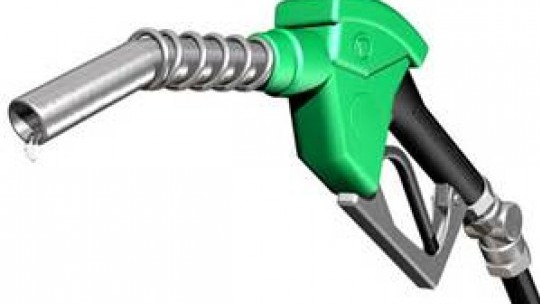Are we being taken for a ride?
1:38 pm, Thu December 18, 2014
By Dashan Hendricks
Recently, I was reading an article, in which I saw the quote: "prices rise like a rocket, but fall like a feather.” It's a quote which seems to hold sway now as oil prices plummet.
In the last few months, the price of oil has declined to below $60 per barrel. But let’s examine what has happened to consumer prices in Jamaica, so far.
First, a look at the broader numbers shows that, in November, consumer prices fell by 0.5%. It was the first decline in consumer prices in 2014 and it was due mainly to declines in the price of food - as production recovered with the end of the drought - as well as a decline in the price of electricity, water and transport.
Oil price impact
The price of oil influences the price of almost everything in Jamaica. Items either from factories or fields must be transported, and that involves petroleum derived from oil. Factories, banks, shops, restaurants all run on electricity, of which 96% is generated from oil.
But as oil prices fall, the feeling is that consumers are being taken for a ride. The conventional argument so far from petroleum traders, as expressed by the President of the Jamaica Gasoline Retailers Association, Leonard Green, is that while prices at the pumps have been reduced, retailers are using the opportunity of lower oil prices to "inch up their margins." Simply put, they are taking a bigger mark-up with falling prices because they have been squeezed with higher prices.
The Jamaica Public Service Company, the country’s sole electricity distributor, has proffered that it cannot pass off the full benefit of a decline in oil prices because other factors go into the pricing of energy.
Consumers
Consumers almost always do not hear any argument when the price of oil rises. The expectation is that oil prices rise and those increases take effect almost immediately. Declines in prices often take much longer to be reflected in consumer prices.
Even those who buy oil (and any commodity for that matter) at cheap prices will sell at a higher price, if prices increase, citing that the replacement cost of the oil has gone up; that they will have to pay more for the oil when they are ready to replace their stock, so they must earn more if they are to pay more. The opposite is however never true. I have never heard anyone saying that if the replacement costs are less, they will charge less.
Contrast
Let's look at how the price declines have played out.
The price of oil has declined by 45% since the start of the year. During that time, the state-owned oil refinery, which sets the benchmark for pump prices locally, only cut its ex-refinery prices for gasoline by 11%. During the same period, the price of electricity fell only 4%.
The quick response will be that the Jamaican dollar has lost value since the start of the year and that will affect the price of oil, which is priced around the world in U.S. dollars. But the Jamaican currency has only lost 7% of its value since the start of the year. It means that the slide in the dollar cannot be blamed for the little benefit consumers have been receiving from falling oil prices.
Seeing the lack of benefits, being passed on to consumers from lower priced oil, the Energy Minister, Phillip Paulwell, earlier this week summoned those in the electricity sector to a meeting to discuss the issue. We are yet to ascertain the outcome. Many would argue that there is not much that can be done, because we operate in a free market. But the recent pronouncement by one gasoline retailer who told a TVJNews reporter that he has been threatened to not reduce his gasoline prices below that of stations in close proximity, shows that the market is anything but free.
The hope is that moral suasion will hold sway in allowing the prices - both at the pumps and for electricity – to fall as quickly as they rise. I however hold out no hope that will happen, given the history of price movements in Jamaica.
Dashan Hendricks is RJR's Group Business Editor

8:50 pm, Fri April 12, 2024

2:04 pm, Fri April 12, 2024

2:10 pm, Fri April 12, 2024








 All feeds
All feeds







